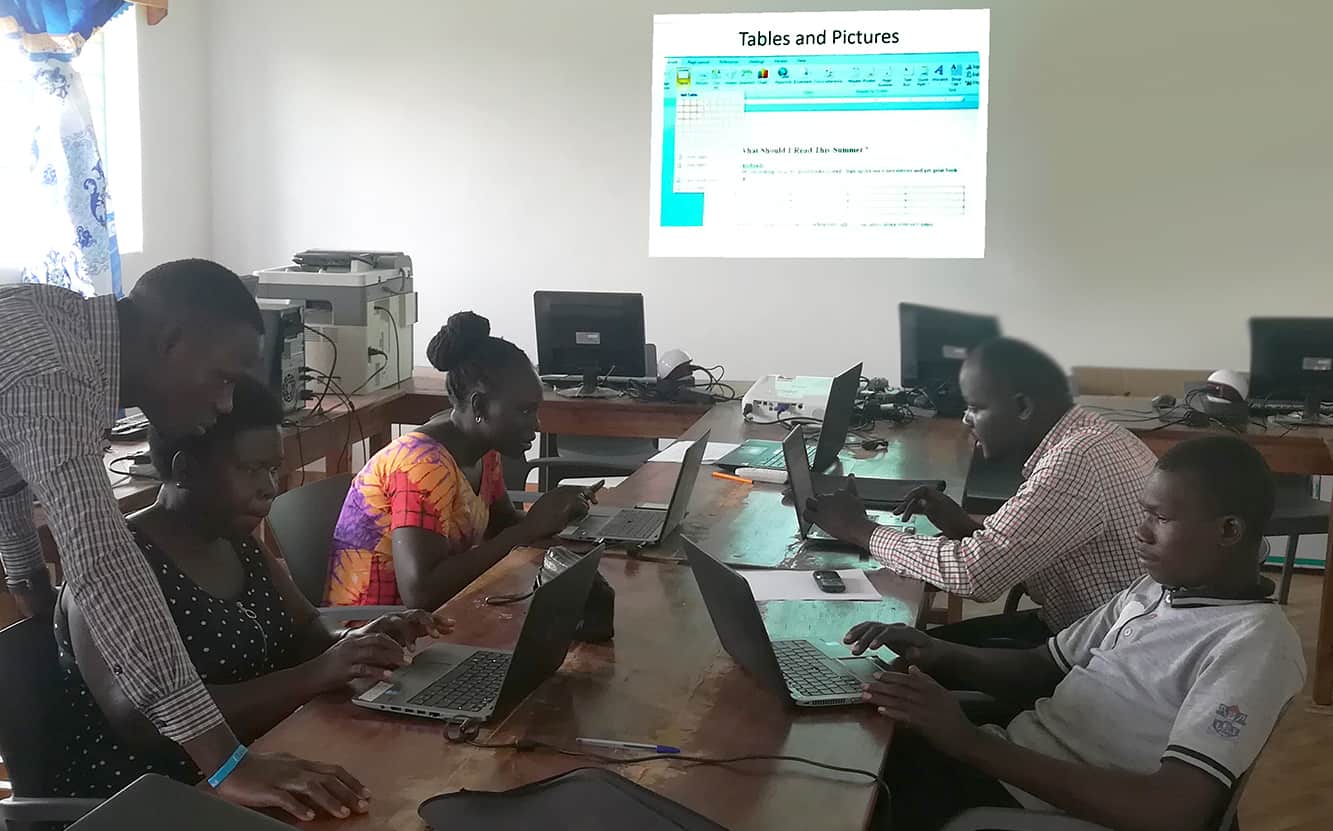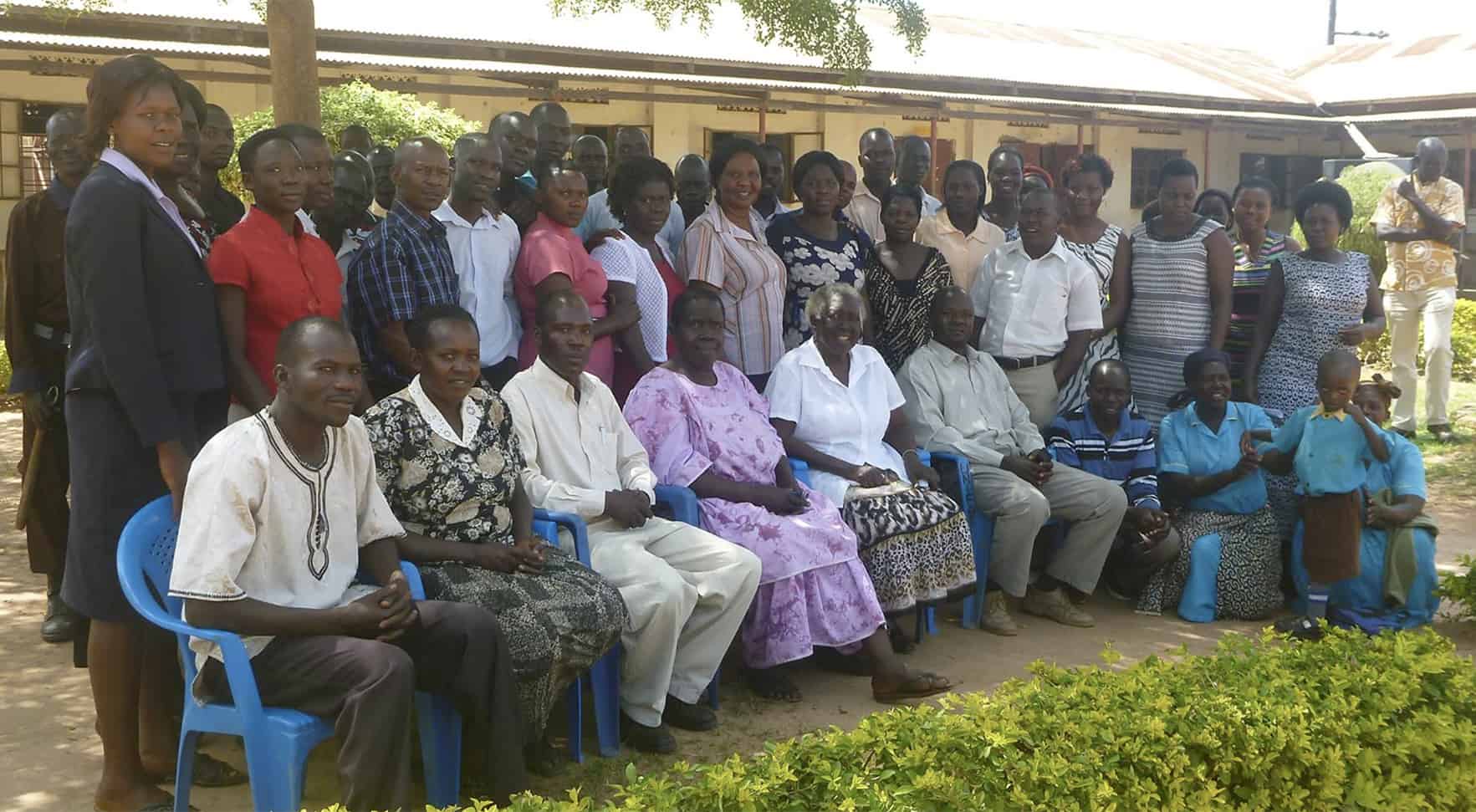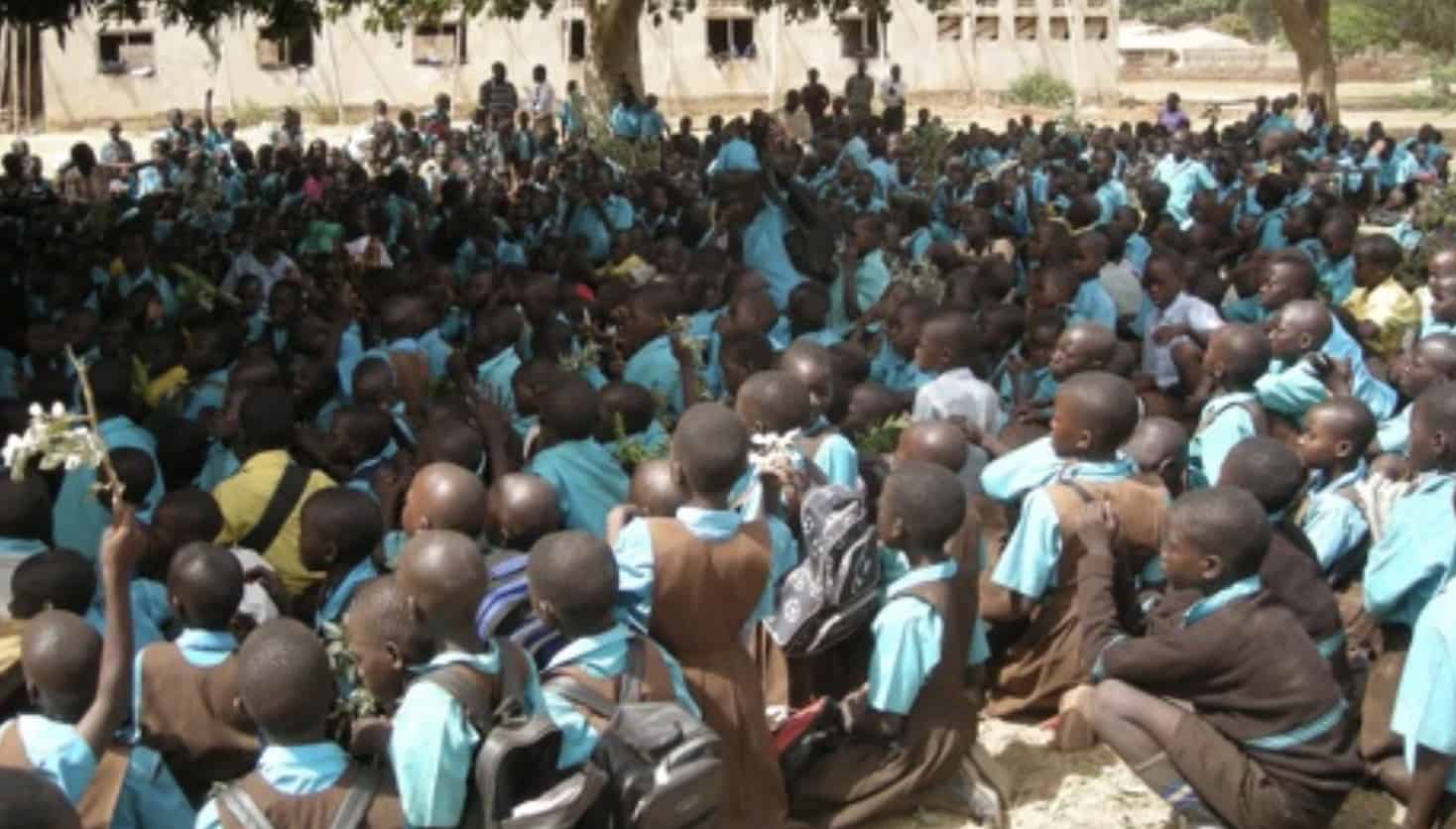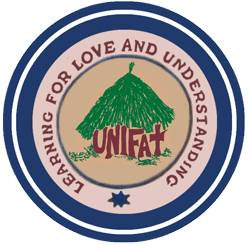Challenges & Goals
The years following the death in 2016 of our beloved founder, Abitimo Rebecca Odongkara, and added stresses due to COVID-19, have presented many challenges, both for UNIFAT School operations and in the financial resources available to many in the Gulu community. Also, each year there are fewer members of the Gulu and international communities who knew her and were inspired by her story. This means that the “messaging” both within the Gulu community and globally needs to emphasize the many outstanding current features of UNIFAT Primary School.
Community Outreach
The new professional development, digital literacy, and student outreach programs plus having solar power on campus are helping transform UNIFAT to a 21st century educational institution while retaining commitment to traditional values. These are already raising UNIFAT’s stature in Gulu. Raising community awareness is critical to increasing enrollment and funding, and we are working to expand the capacity of the UNIFAT Alumni Organization and increase publicity related to the school and our students’ outreach projects.

Teachers acquiring digital literacy for use in their lesson planning and classrooms.
Supporting Our Teachers and Students
Hiring, promoting, and retaining quality, experienced teachers is a continual challenge. With greater community awareness of the innovative programs underway at UNIFAT, our teachers are becoming widely known in the broader community.

Abitimo Odongkara (front row center, white blouse) with the teaching staff, 2015.
Income from tuition is based upon the number of students enrolled, the fees charged, and the ability of families to pay. UNIFAT is among the least expensive of private primary schools in Gulu, but many families committed to providing their children the best possible education struggle to meet the costs.
FOU serves as a safety net in two ways. We augment funds for teacher salaries when unexpected shortfalls arise, as occurred when COVID-19 forced schools to close. More directly, we provide scholarships to help cover student tuition, although the needs greatly exceed our capacity.
Enhancing the Learning Experience
In addition to our projects with teachers, FOU is working to increase on-campus housing facilities for upper-level students on campus. This provides relief for families whose working hours make it difficult to be at home in the evenings, and also allows opportunities to augment students’ learning by reducing after-school distractions and commuting times. Currently, less than half of our boarding P7 students have beds, with the others sleeping on floor mats.
Structural Improvements
Working with our partners, donors, and granting agencies, in the past two years FOU has provided over $40,000 to renovate and equip the new library and Digital Learning Center, to renovate toilet facilities, and to install solar power on campus, as well as many smaller projects.
Our most urgent construction need is to build a separate facility for the preK program. More families are seeking this service for their younger children, and the spaces needed as well as safety requirements for these youngest students are distinct from those of older students.
Our longer-term construction goal is to provide an assembly hall. At present, all group meetings larger than classroom-size need to occur outdoors, and thus are subject to frequent cancellations due to weather. These include daily morning convocations and the frequent celebrations of special events and graduations, for which costly rental of tents is required. An assembly hall would alleviate these problems, and also serve as a meeting venue for community events, thereby allowing integration of UNIFAT’s mission with community groups.

Morning assembly, 2007
School Governance and Administrative Improvements
Abitimo’s unexpected passing in 2016 left a void in leadership as well as the loss of the school’s most outstanding international ambassador. In 2020, two long-serving members of the UNIFAT Board of Directors, Joseph Odongkara and Board President Ochora Okidi, also passed. Like so many schools, UNIFAT lacks sustainable financial resources. Nevertheless, UNIFAT is continuing the critical work of developing a clear vision to transform its programs to meet the changing global skills expected of today’s young persons, while at the same time fulfilling expectations of the Gulu community and Abitimo’s legacy.
FOU Board members understand and honor these perspectives, and having UNIFAT Board members Patrick and Aaron Odongkara serving on the UNIFAT Board of Directors enables us to work more closely with school administrators and teachers. Business and accounting practices are being updated to use digital resources, many aspects of the curriculum and educational opportunities for students are being introduced, and strategies for improving the post-COVID financial security of the school are being developed.
